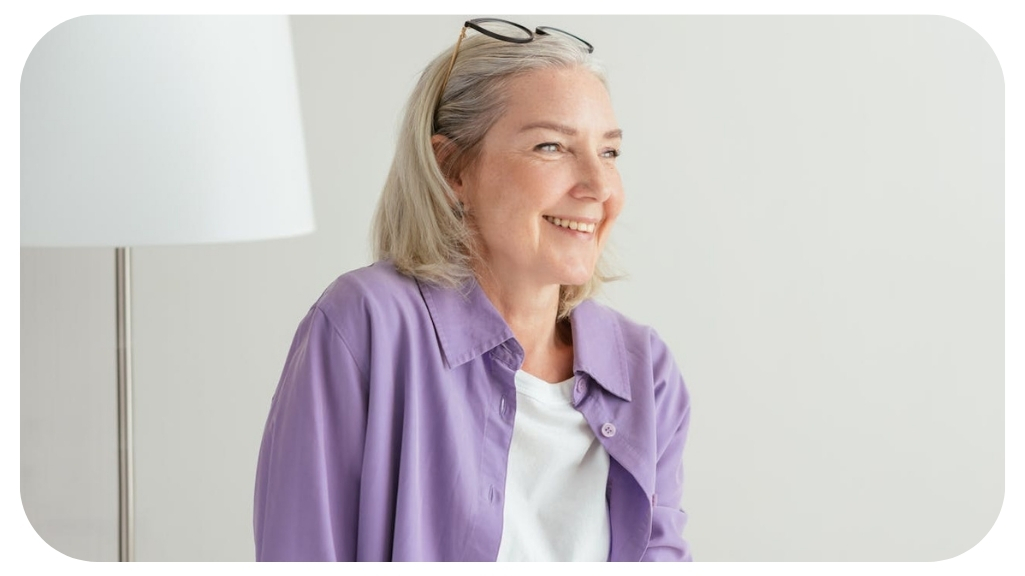How Seniors Can Stay Independent In Retirement

The rhythm of life shifts after decades of routines, deadlines, and responsibilities. The question is not about slowing down when every day becomes yours to shape; rather, it is about keeping control while continuing to enjoy the freedom you have acquired. Retirement presents the chance to live with liberty, clarity, and focus without sacrificing comfort or safety. When your surroundings, habits, and decisions promote your freedom, you will have a sustainable and empowering existence for many years.
Living Spaces That Empower Daily Freedom and Accessibility
Your degree of independence depends directly on where you reside. An excessively big, difficult to manage, or hazard-filled place might subtly restrict your freedoms over time. The basis for long-term self-reliance is choosing a setting that fits your stage in life—one meant for safety, comfort, and simplicity. Single-level homes with walk-in showers, grab bars, and easy lighting remove typical challenges. These useful tools simplify daily chores and help to lower the chance of damage. If you live in Georgia, many seniors discover that moving to senior-focused apartments in Savannah helps them to maintain their independence without sacrificing anything. The reduced footprint, maintenance-free living, and careful design let you control your schedule and live in a flexible, encouraging space.
Technology That Enhances Safety Without Replacing Autonomy
Technology is increasingly helping you manage your day while controlling your decisions. Extra levels of security and comfort come from tools including smart thermostats, prescription reminders, and emergency alert systems. These discreet background devices gently support you without interfering with your daily schedule. Voice-activated assistants and video calling systems also enable you to quickly acquire answers when needed or stay in touch with loved ones. Using these tools helps you improve your capacity for schedule management, personal safety protection, and wise decision-making. Rather than depending on others, you design a personal safety net fit for your way of life, providing independence and peace of mind.
Physical Wellness as a Daily Practice That Supports Mobility and Confidence
Retaining physical strength, balance, and flexibility will help you to keep handling chores and enjoying your preferred hobbies. Whether your daily exercise is walking, stretching, or mild resistance training, you develop the strength needed to climb stairs, carry groceries, and safely negotiate your environment. Regular physical exercise increases circulation, joint health, and coordination, therefore lowering the risk of falls and exhaustion. It also increases energy levels, facilitating social and mental activity. Your confidence in daily living increases when your body feels strong; this motivates you to be proactive, investigate new hobbies, and keep on performing chores without outside assistance.
Mental and Social Engagement That Keeps Your Mind Sharp and Fulfilled
Maintaining your freedom depends much on your mental attitude. An active mind is better equipped to retain specifics, solve difficulties, and adjust to change. Reading books, solving puzzles, pursuing creative interests, and enrolling in instructional courses all help to boost cognitive ability and support lifelong learning. Simultaneously, social contact supports a feeling of belonging and keeps emotional well-being robust. Group projects, conversations, and shared experiences help you feel emotionally anchored and secure in your decisions by lowering stress and anxiety. When your social and mental life is still active, you handle daily obstacles with fortitude and clarity, therefore keeping your sense of autonomy in all spheres of retirement.
Establishing Routines and Support Systems That Protect Your Independence Long-Term
Independence thrives when it is supported by structure and adaptability. Daily activities help you to allocate your time properly, so lowering stress and guaranteeing your needs are met without external oversight. Meal, medicine, exercise, and social time all have a place in your schedule, so you remove the ambiguity that can cause over-dependence. Whether it involves relatives, neighbors, or caregivers, having a trustworthy circle adds a great safety net without invading your space. These support systems help you during times of illness or change, but they do not meddle with your capacity for free living. You continue to be in charge, making choices according to your terms while being aware that assistance is available when required. This harmony lets you live freely while smartly getting ready for the future.
Conclusion
The harmony between freedom and preparation will bring true independence in retirement. Your tools improve safety, your surroundings encourage mobility, and your everyday life sustains both body and mind, so you maintain control without compromise. From where you live to how you spend your time, every careful choice you make supports your capacity to appreciate life with clarity and purpose. The result is not just self-reliance, but a richer, more confident version of life built around your priorities, values, and continued freedom.
You may like this
Recommended For You
How to Choose Your Forex Broker And Forex Trading Platform
Most Inside
Most Inside offers high-quality recommendations and valuable updates to enhance all aspects of your life, providing premium guidance and enriching experiences.




